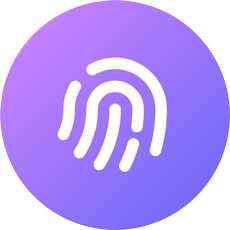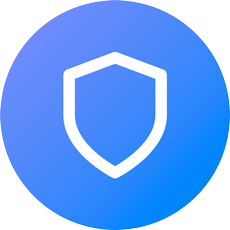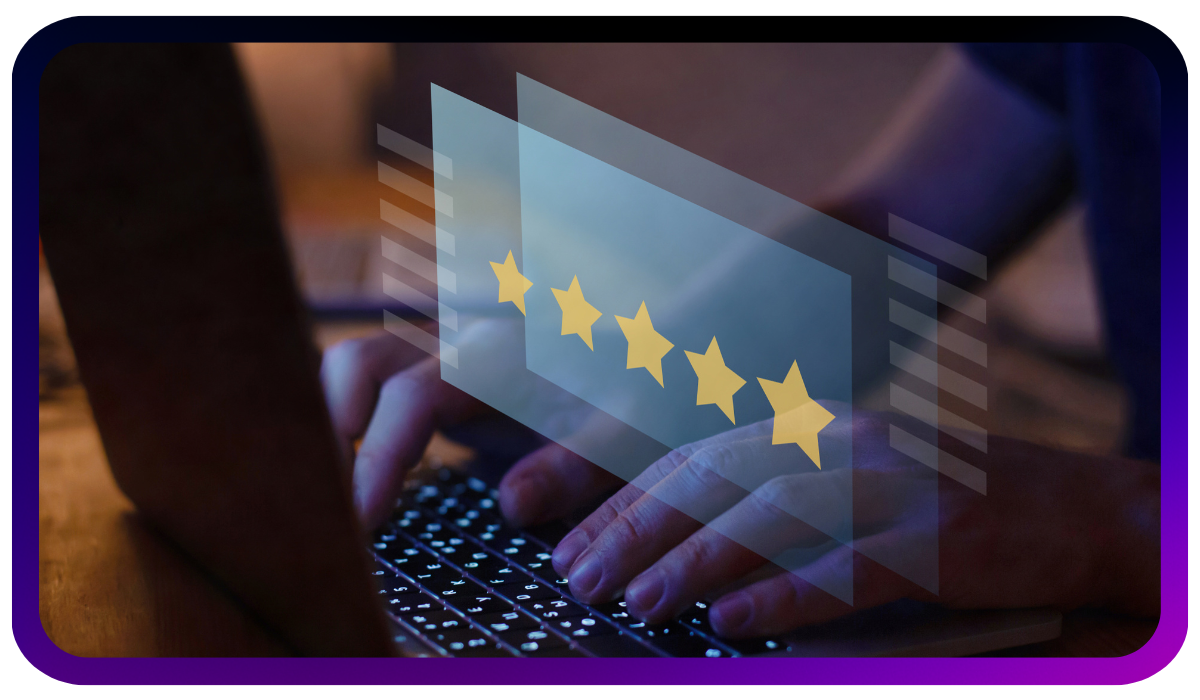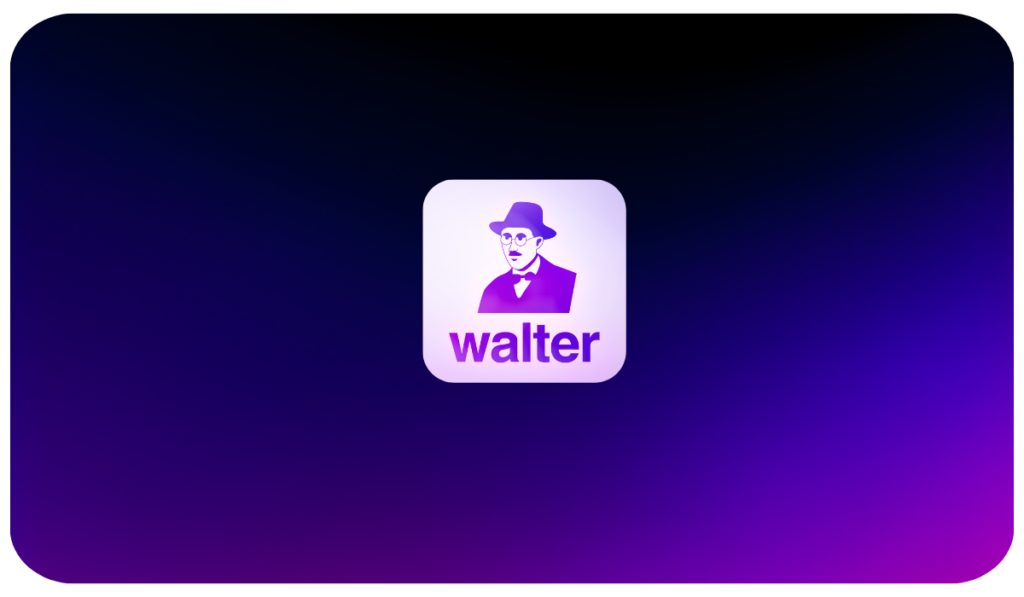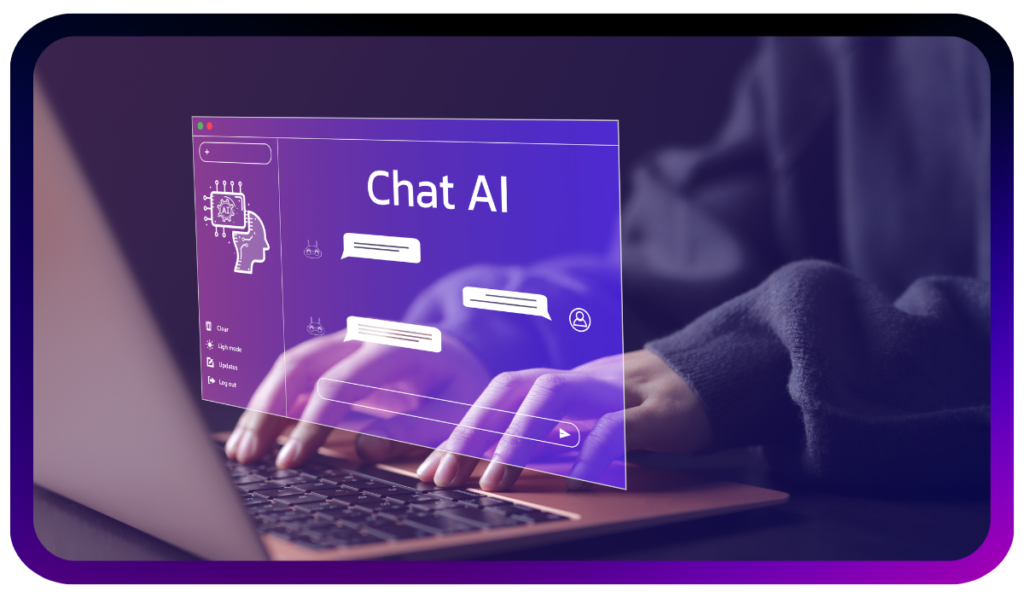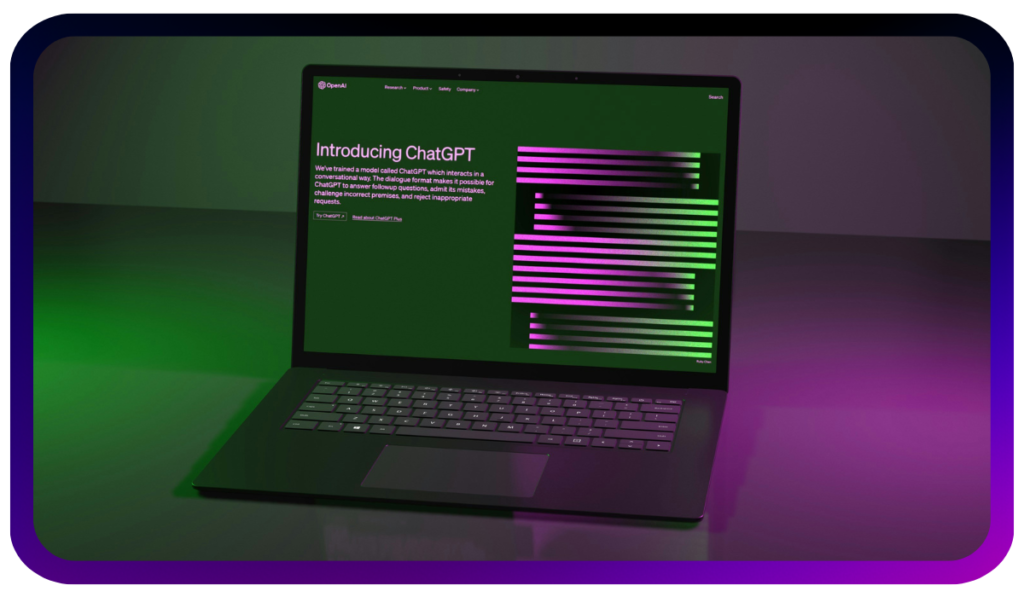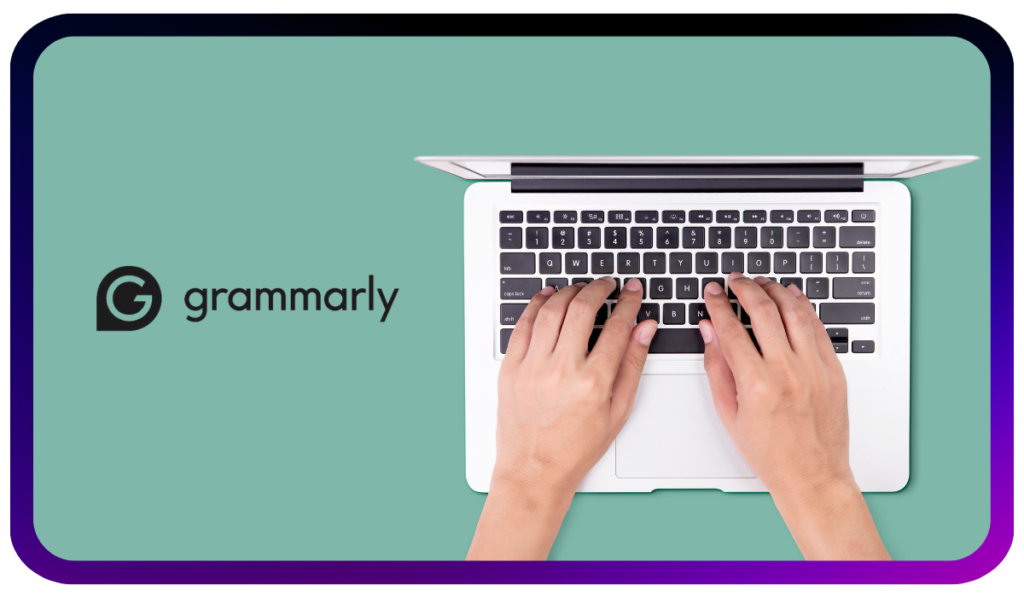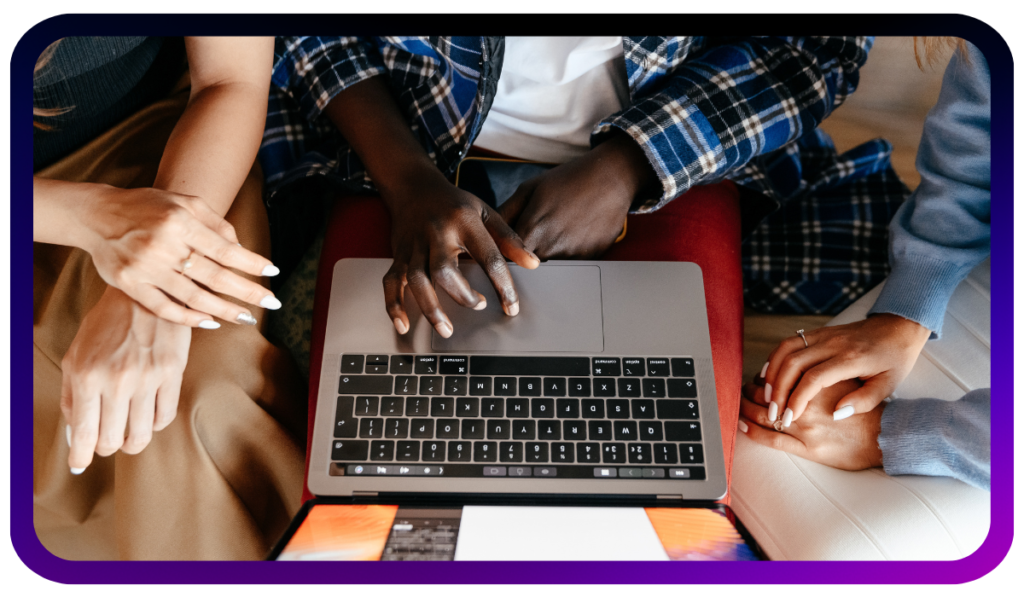Wondering if the EasyBib Plagiarism Checker is worth it? If you need a quick plagiarism scan alongside citation tools, it can be a helpful option. However, with limited detection capabilities compared to Turnitin or Grammarly, it may not be the best choice for academic or professional use.
In this review, we’ll break down EasyBib’s plagiarism checker—how it works, its strengths and weaknesses, and whether it’s worth the investment. If you’re wondering whether this tool can truly help you avoid plagiarism and improve your writing, keep reading to find out!
What Is EasyBib?
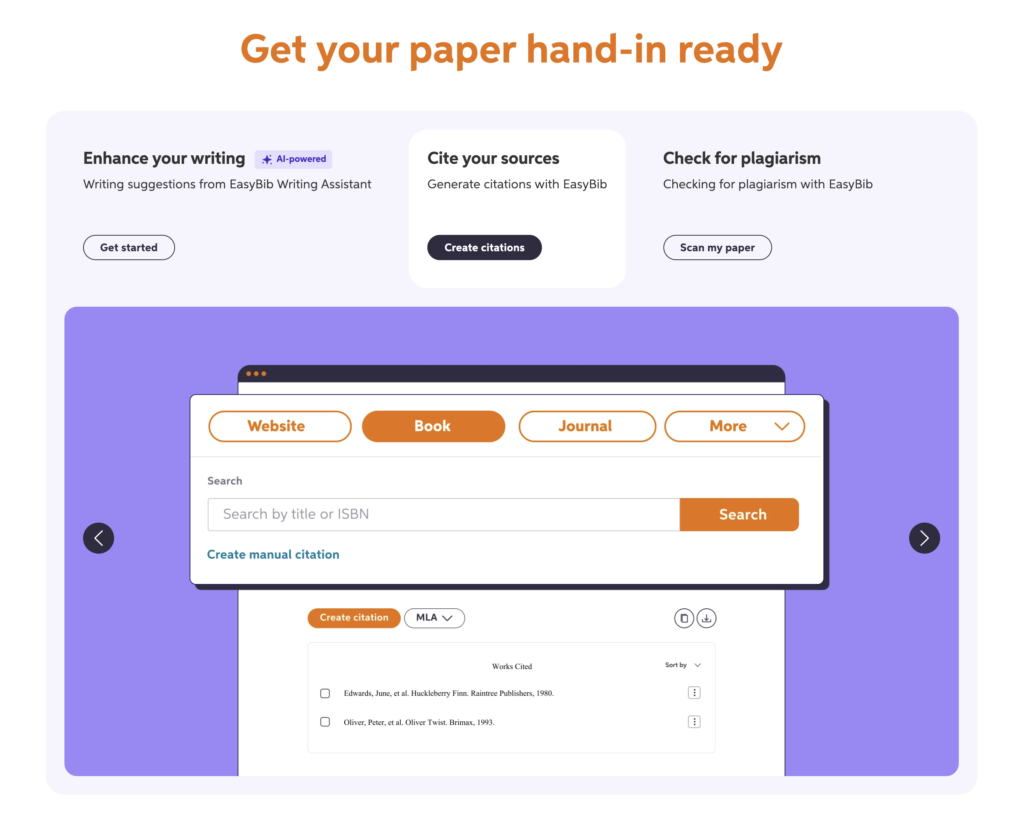
EasyBib is an online tool that helps students, researchers, and writers generate citations and check for plagiarism. Its most well-known tool is the citation generator, which lets users format references to a range of academic styles including APA, MLA, and Chicago. One of these tools is free, and widely used by students looking to correctly format their citations.
EasyBib also has a premium plan that offers a plagiarism checker, in addition to citations. This tool checks a user’s content against a database of academic papers, web pages, and other published material and seeks to identify potential instances of plagiarism.
This plagiarism checker is beneficial for students who submit their essays or research papers and even for professionals who check for their originality. Turnitin and other institutional plagiarism detection services are integrated into university systems, while EasyBib is available to individual users.
That makes it an accessible alternative for those who cannot get plagiarism detection tools sponsored by a university.
Who Should Use EasyBib?
EasyBib is designed for a broad range of users, but it is particularly beneficial for:
- Students – College and high school students frequently use EasyBib to generate citations for essays, research papers, and assignments. The plagiarism checker also helps students ensure their work is original before submission.
- Researchers – Academic researchers often need to verify the originality of their work, especially when publishing papers. While EasyBib can detect basic plagiarism, researchers requiring an in-depth analysis may need more advanced tools.
- Content Creators – Writers, bloggers, and professionals who produce content for online platforms may find EasyBib useful in checking for unintentional duplication. Ensuring originality is critical to avoiding copyright infringement and maintaining credibility.
Overall, EasyBib serves as a practical tool for individuals who need quick citation support and a basic plagiarism check. However, as we will explore in later sections, its plagiarism detection capabilities have limitations that users should be aware of.
EasyBib Plagiarism Checker – Features & Performance
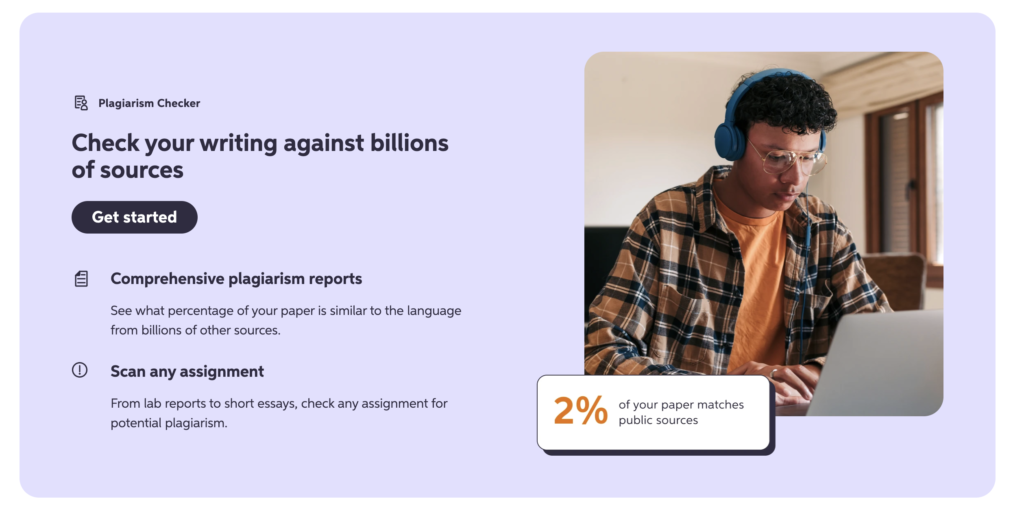
How EasyBib’s Plagiarism Detection Works
EasyBib’s plagiarism checker works by comparing a user’s text to a large database of online content, academic papers, and published works. The process goes this way: When a document is uploaded or pasted into the checker, the system scans the content for potential similarities, identifying matched content using color-coded markers.
These markers flag passages that might need citation updates or further review for possible plagiarism. EasyBib’s plagiarism detection centers around a similarity percentage, which indicates how much of the text is similar to other texts available. Similarities are found and users can navigate directly to the sources to check and adjust their work. EasyBib’s plagiarism checker is limited, however: Its algorithm is designed to catch basic instances of copied content and relies mainly on publicly available web content and a small selection of academic databases.
Unlike university-backed tools such as Turnitin, which has access to proprietary institutional archives and journal databases, EasyBib’s detection abilities are somewhat limited. Consequently, it might not detect more advanced types of plagiarism, like paraphrasing or self-plagiarism.
Accuracy & Reliability – How Well Does EasyBib Detect Plagiarism?
EasyBib performs well in detecting direct copy-pasting from online sources, making it a useful tool for students and content creators who want to avoid blatant plagiarism. The system effectively identifies exact matches and provides clear citations for users to review. However, its accuracy is limited when it comes to more advanced plagiarism detection.
Strengths:
- Basic detection of copied content – EasyBib can identify text directly copied from websites and publicly accessible documents.
- Citation assistance – The tool helps users properly attribute sources when potential plagiarism is flagged.
Weaknesses:
- Limited access to academic databases – Unlike Turnitin or iThenticate, which scan proprietary research archives, EasyBib primarily checks against open web content.
- Inability to detect well-paraphrased content – The tool may struggle to identify instances where the wording has been altered while retaining the original meaning.
- Limited AI-detection capabilities – EasyBib does not have built-in AI-generated content detection, which has become increasingly important for educators and institutions.
While EasyBib is a decent option for students and casual users, those requiring a more comprehensive plagiarism check—such as university researchers or academic professionals—may find its detection capabilities insufficient. Advanced alternatives, such as Turnitin and Grammarly’s plagiarism checker, provide a more rigorous assessment of originality.
EasyBib Pricing – Free vs. Premium Plans
EasyBib operates on a freemium model, offering a basic citation generator at no cost while restricting advanced features like the plagiarism checker to paid plans. Below is a breakdown of what users can expect from the free and premium versions.
| Feature | Free Plan | Premium Plan |
|---|---|---|
| Citation Generator | ✅ Yes (APA, MLA, Chicago, etc.) | ✅ Yes, with additional formatting options |
| Plagiarism Checker | ❌ No | ✅ Yes, scans text for plagiarism |
| Grammar & Spell Check | ❌ No | ✅ Yes, detects errors and suggests corrections |
| Advanced Writing Suggestions | ❌ No | ✅ Yes, improves clarity and style |
| Source Credibility Check | ❌ No | ✅ Yes, evaluates the reliability of cited sources |
The free plan is useful for students who only need citation formatting, but the plagiarism checker and writing tools require a subscription.
Is EasyBib Worth the Cost?
EasyBib’s premium subscription is relatively affordable compared to institutional tools like Turnitin, making it an accessible option for students and independent researchers. However, its value depends on the user’s specific needs.
Pros:
- Lower cost compared to Turnitin – Individual users can access a plagiarism checker without requiring university enrollment.
- Additional writing tools included – The premium plan offers grammar and citation assistance alongside plagiarism detection.
Cons:
- Limited plagiarism detection capabilities – It lacks access to proprietary academic journal databases, making it weaker for advanced academic integrity checks.
- Competitor tools offer better detection – Turnitin, Grammarly, and iThenticate provide more robust scanning and AI detection.
For students looking for a basic plagiarism checker, EasyBib’s premium plan may be sufficient. However, those in need of comprehensive academic integrity verification—especially for research papers—may find it lacking compared to more advanced solutions.
How EasyBib Compares to Other Plagiarism Checkers
EasyBib vs. Turnitin
Turnitin is widely regarded as the gold standard for academic plagiarism detection, primarily because of its deep integration with educational institutions and its access to proprietary academic databases.
Unlike EasyBib, which relies mainly on publicly available web content, Turnitin scans submissions against a vast repository of scholarly articles, research papers, and previously submitted student work.
| Feature | EasyBib | Turnitin |
|---|---|---|
| Access to Academic Databases | Limited | Extensive |
| AI Content Detection | No | Yes |
| Plagiarism Detection Quality | Basic | Advanced |
| Citation Assistance | Yes | No |
| Pricing | Subscription-based for individuals | Institutional access only |
Key Differences:
- Turnitin offers a far more comprehensive plagiarism check, making it the preferred choice for educators and institutions.
- EasyBib is more accessible for individual users, as Turnitin is typically only available through schools and universities.
- Turnitin detects AI-generated content, while EasyBib lacks this capability.
For students and professionals who need a quick plagiarism check with citation support, EasyBib may be sufficient. However, for academic integrity verification at the university level, Turnitin remains the stronger choice.
EasyBib vs. Grammarly and Other Online Plagiarism Checkers
Grammarly is another popular tool that offers plagiarism detection, alongside grammar and style improvements. Like EasyBib, Grammarly’s plagiarism checker compares text against a broad database of web pages and publicly available content.
However, Grammarly’s detection algorithms are generally more sophisticated, providing better insights into potential content duplication.
Key Differences:
| Feature | EasyBib | Grammarly |
|---|---|---|
| Grammar & Style Check | No | Yes |
| Plagiarism Detection | Yes | Yes |
| AI Content Detection | No | No |
| Citation Assistance | Yes | No |
| Pricing | Subscription-based | Subscription-based |
- Grammarly provides stronger writing assistance, including grammar, clarity, and engagement suggestions, whereas EasyBib focuses on citations.
- Plagiarism detection is more refined in Grammarly, with more accurate paraphrasing detection.
- EasyBib offers citation generation, which Grammarly lacks.
For users who need both plagiarism detection and grammar improvement, Grammarly is the better choice. However, for those focused primarily on citation accuracy and plagiarism checks, EasyBib provides a more specialized tool.
Improving Plagiarism Detection and Writing Quality with Walter Writes AI
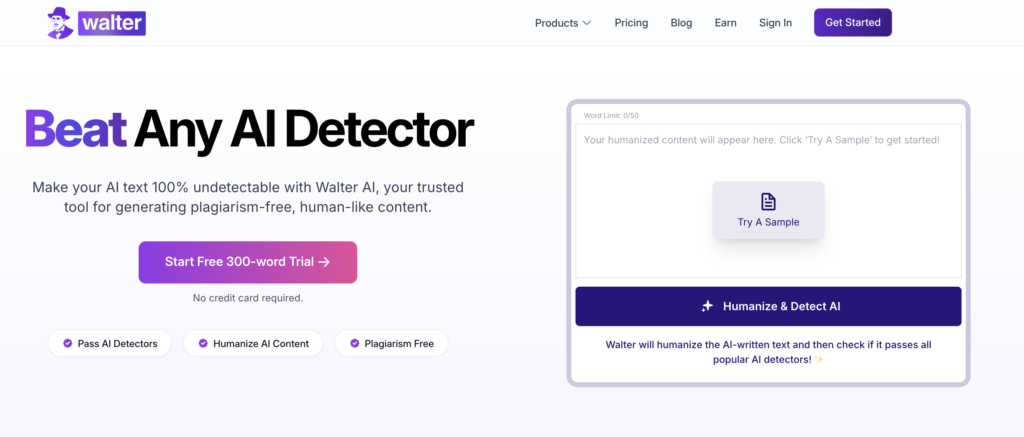
How Walter Writes AI Helps Ensure Originality
With the increasing use of AI-generated content, many plagiarism checkers struggle to detect text that has been paraphrased or rewritten using advanced language models.
EasyBib, for example, lacks AI detection capabilities, which means that content created or altered by AI tools may not be accurately flagged for originality issues. This is where Walter Writes AI provides a significant advantage.
Walter Writes AI is designed to refine and humanize AI-generated content, ensuring that it maintains originality while improving readability. By enhancing sentence structure, adjusting word choices, and optimizing flow, Walter Writes AI helps users create content that is not only plagiarism-free but also more engaging and natural.
Key benefits of using Walter Writes AI for originality enhancement:
- Refines AI-generated text to ensure it passes plagiarism checks.
- Improves readability and fluency by making AI-written content sound more human.
- Enhances sentence structure to align with academic and professional writing standards.
- Helps avoid unintentional duplication by restructuring content while preserving meaning.
For students, researchers, and content creators looking to ensure their work is both original and well-written, Walter Writes AI serves as a valuable companion to plagiarism checkers like EasyBib.
Why Walter Writes AI Is a Better Alternative for AI-Assisted Writing
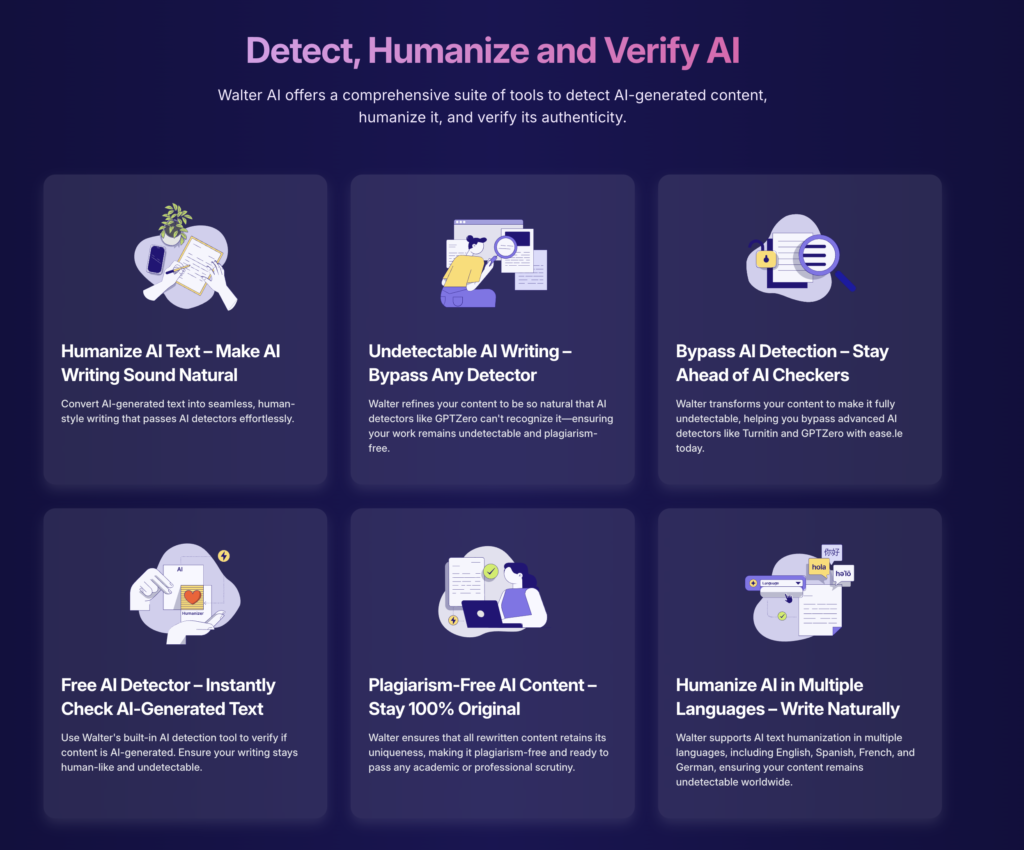
While EasyBib provides basic plagiarism detection, it does not account for the growing challenge of AI-generated text being flagged as inauthentic. Many plagiarism checkers, including Turnitin, have implemented AI detection features that can mistakenly identify properly written AI-assisted content as unoriginal.
Walter Writes AI helps solve this issue by transforming AI-generated writing into content that retains originality while improving its natural tone and structure.
Key advantages of Walter Writes AI over traditional plagiarism checkers:
- Ensures that AI-assisted writing is not flagged by AI detection tools.
- Refines sentence structure and word choice to enhance readability.
- Provides a more reliable approach to plagiarism prevention by rewording text without distorting meaning.
For users who rely on AI tools for writing assistance, Walter Writes AI acts as a bridge between originality and quality, making it a superior option for refining AI-assisted content while ensuring compliance with plagiarism detection systems.
FAQ
EasyBib is a decent plagiarism checker for students and casual users who need a basic originality scan. It effectively detects direct copy-pasting from online sources and provides citation support. However, compared to more advanced tools like Turnitin or Grammarly, its detection capabilities are limited. EasyBib does not have access to proprietary academic databases, making it less effective for in-depth plagiarism detection in scholarly work.
No, EasyBib does not have built-in AI detection. Unlike Turnitin or Originality.ai, which can flag AI-generated text, EasyBib’s plagiarism checker primarily scans for similarities in publicly available web content. This means that AI-generated text might not be properly identified as needing further revision. For users who require AI content refinement, tools like Walter Writes AI can help improve originality while ensuring that AI-assisted writing is not flagged.
EasyBib offers a free citation generator, but the plagiarism checker and advanced writing assistance features require a paid subscription. The free version is useful for formatting citations, but those who need plagiarism detection and grammar suggestions must upgrade to the premium plan.
For users who need a stronger plagiarism detection tool, Grammarly and Turnitin provide more comprehensive checks. However, for those using AI-generated content, Walter Writes AI offers a better alternative by refining text to ensure originality and fluency while avoiding AI detection issues.
Conclusion – Is EasyBib Worth Using in 2025?
EasyBib is still a great tool for students and writers who are looking for a basic plagiarism checker that offers citation support right alongside it. It is as cheap and easy as possible for anyone who has no access to institutional plagiarism checkers such as Turnitin.
However, the fact that it can’t accurately detect paraphrased content, AI-generated text, or self-plagiarism makes it far less useful for strong academic or professional requirements.
For easy plagiarism detection and citation formatting, EasyBib is a great alternative. For extensive, academic-level plagiarism detection, those relying on academic databases still might prefer Turnitin or, even, Grammarly’s plagiarism checker over this one.
Furthermore, with the growing demand for plagiarism-free and fluent writing, people who use AI tools to generate writing for them may find Walter Writes AI handy to polish it up.
Walter Writes AI goes beyond traditional plagiarism checkers and assists in enhancing sentence structure, and readability, and easing your AI-generated content to pass the plagiarism and AI detection test.
For students and researchers who want a basic plagiarism checker, EasyBib might be a good option. However, Walter Writes AI offers a more accurate and powerful solution for those that require better detection capabilities, or AI-assisted refinement of the content.
Use Walter Writes AI today to enhance originality and transform AI outputs with ease!
